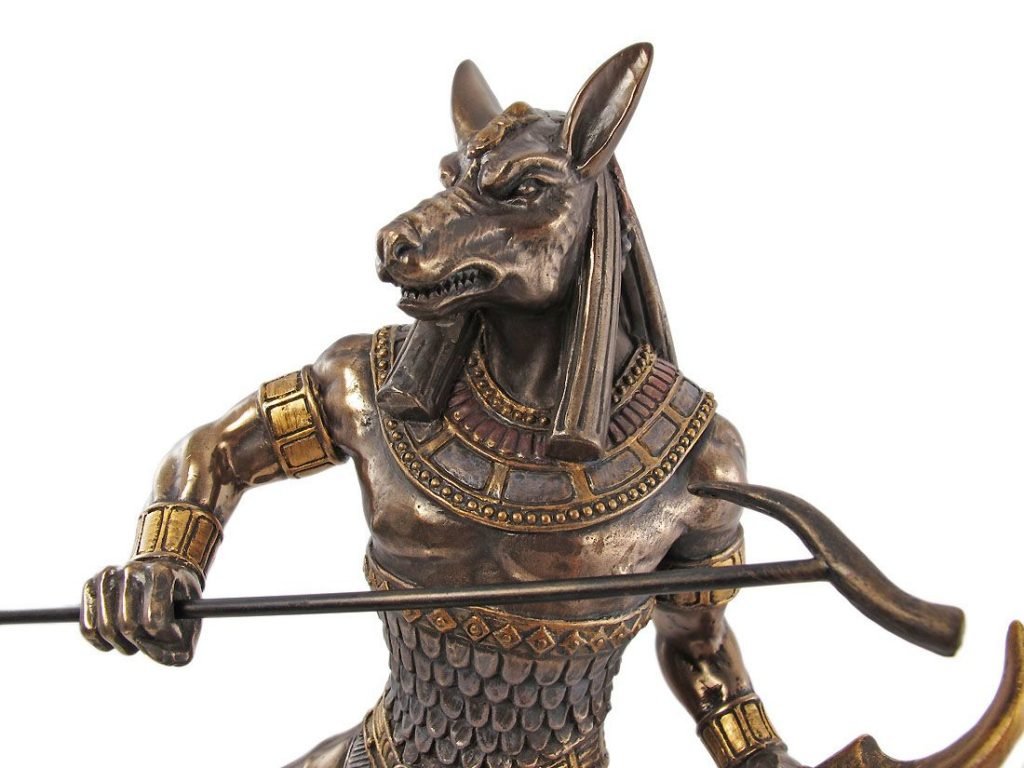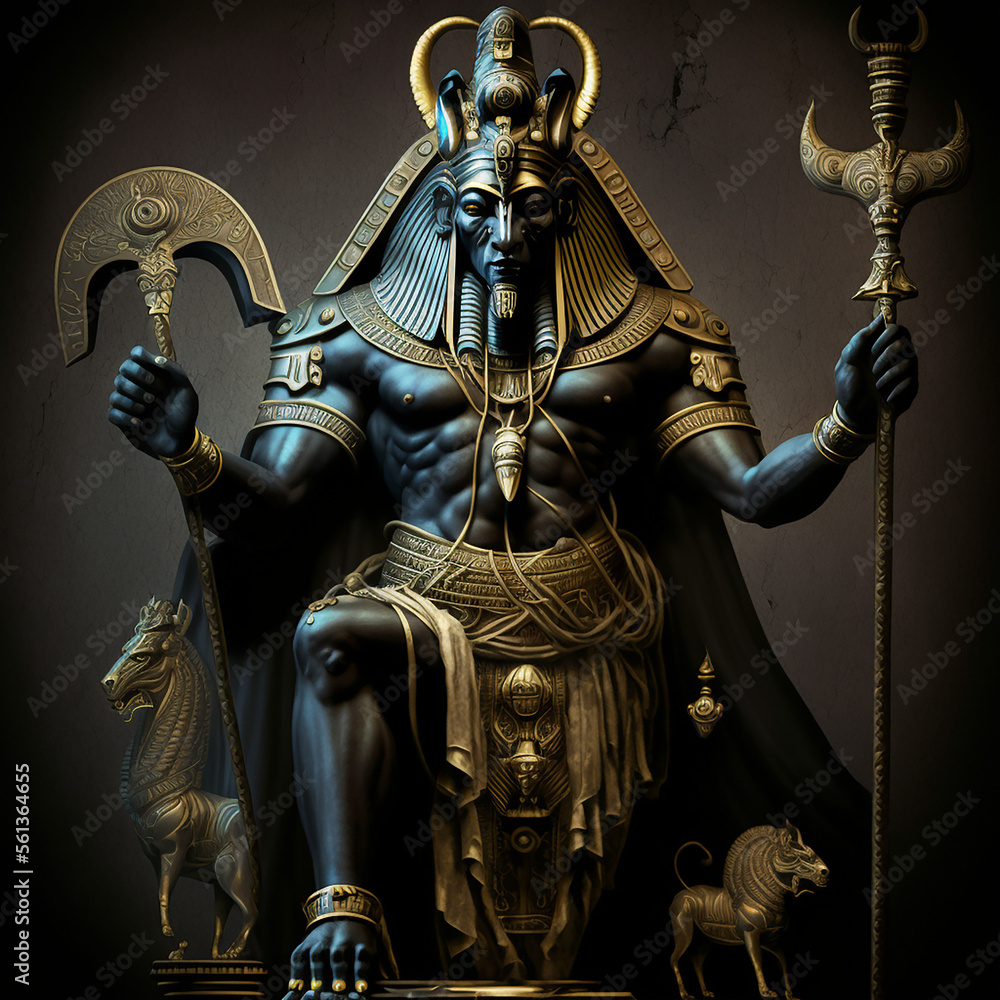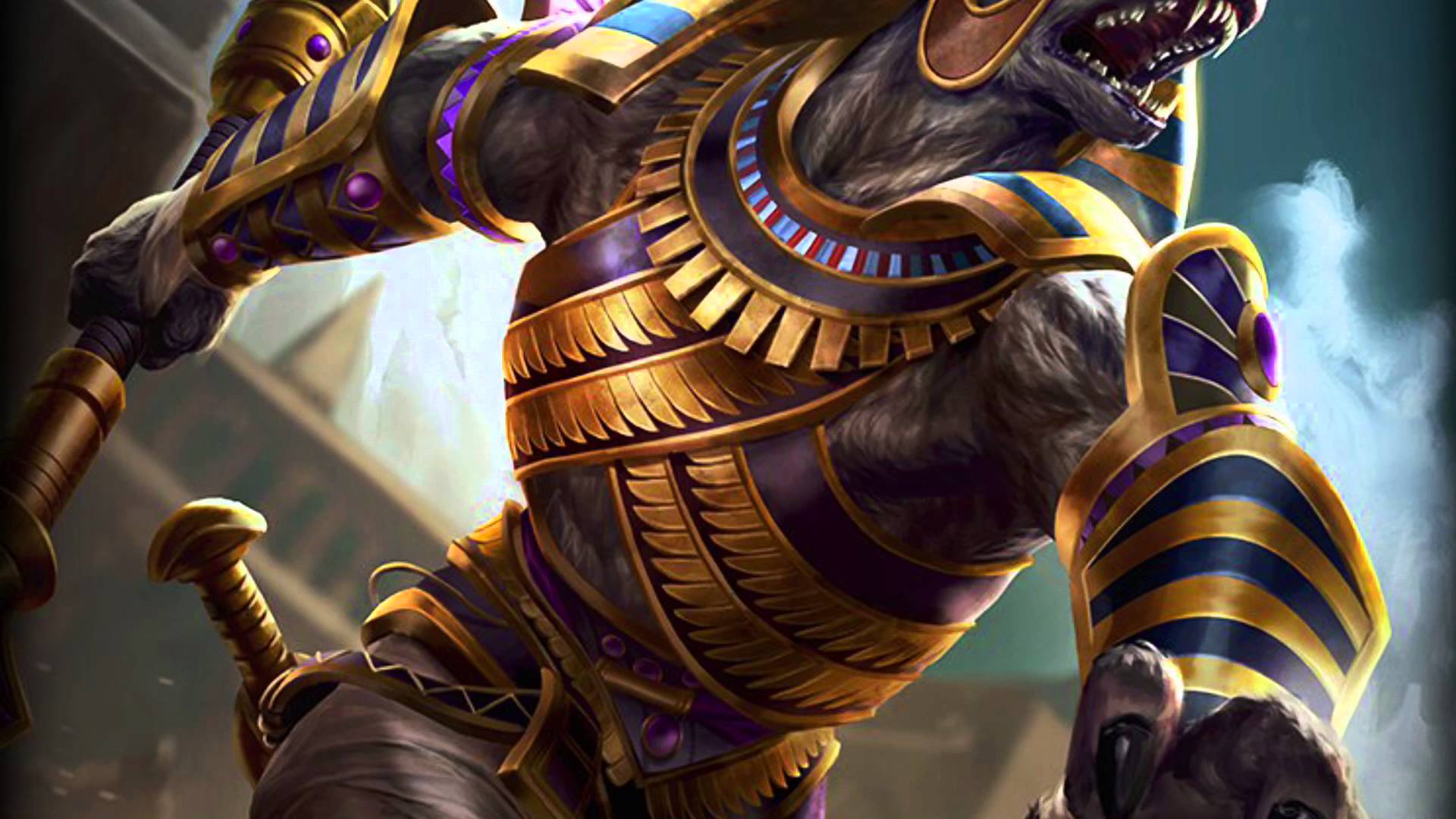Have you ever stopped to think about how some names just seem to echo through the corridors of history, appearing in vastly different contexts yet always carrying a certain weight? It's a fascinating thing, really. When we talk about "Seth," or more broadly, the idea of "seth gold," we're actually touching upon a concept that holds a lot of different meanings for different people. It's not just one person or one idea; it's a collection of powerful figures and concepts that have, you know, shaped beliefs, stories, and even our entertainment.
From ancient scriptures that tell the very beginnings of humanity to the grand mythologies of bygone civilizations, and even to the bright lights of modern-day sports entertainment, the name "Seth" pops up quite a bit. It's almost as if this particular name has a way of finding itself at key moments, representing everything from new beginnings and righteous paths to wild chaos and surprising turns of events. So, in a way, exploring "seth gold" means looking at these different facets, seeing what makes each one so important.
This deep dive isn't just about listing facts; it's about connecting with the stories and ideas that have made these figures resonate with people for centuries, and even today. We're going to explore what makes each "Seth" so special, and how their individual stories contribute to a much larger picture of significance and, really, enduring appeal. It's quite something, you know, how these tales keep finding their way into our conversations.
Table of Contents
- An Overview of Key Seth Figures
- Key Details and Roles of Seth Figures
- Seth in Ancient Biblical Narratives
- Seth, the Ancient Egyptian Deity
- Seth Rollins in Modern Entertainment
- Connecting the Dots: The Enduring Legacy
- People Often Ask About Seth
- What Makes Seth Gold So Compelling?
An Overview of Key Seth Figures
When someone mentions "Seth," a few distinct images might pop into your head, depending on what stories or traditions you're familiar with. It's a name that, in some respects, carries a surprising amount of weight across various significant narratives. We're talking about figures that have shaped religious thought, ancient mythology, and even, you know, modern-day pop culture. Each "Seth" holds a very particular place in their respective stories, offering unique insights into human beliefs and storytelling.
There's the biblical Seth, a pivotal figure right at the beginning of human history, someone who, arguably, represents a fresh start. Then, you have the powerful and sometimes fearsome Egyptian god, a deity with a very different kind of influence over the natural world and human destiny. And, quite recently, there's the dynamic figure from the world of professional wrestling, who, as a matter of fact, has made quite an impact in his own right. It's interesting to see how a single name can encompass such a broad spectrum of roles and meanings, isn't it?
These diverse portrayals of "Seth" make the term "seth gold" feel, you know, like a treasure chest of cultural and historical significance. It highlights the enduring power of names and the narratives they carry, showing us how certain archetypes or roles can reappear in different forms across time and place. Each story, in its own way, adds a valuable layer to the collective understanding of this particular name.
Key Details and Roles of Seth Figures
Understanding the different "Seth" figures means looking at their core identities and what they represent within their stories. While we can't provide a typical "bio data" table for ancient or mythological beings in the same way we would for a contemporary person, we can certainly outline the key aspects that define each one. It's a way to quickly grasp their significance, really.
| Figure | Primary Context | Key Role/Significance | Notable Associations |
|---|---|---|---|
| Biblical Seth | Genesis (Old Testament), Apocalypse of Moses | Third son of Adam and Eve, a righteous lineage, a savior figure, appointed by God | Brother to Cain and Abel, father of Enos, humanity began to call on God's name during Enos's life |
| Ancient Egyptian God Seth | Egyptian Mythology, Patron of 11th Nome | God of chaos, darkness, the desert, drought; opposite of other major gods (Osiris, Horus, Isis) | Associated with storms, violence, foreign lands; often depicted with a unique animal head |
| Seth Rollins (WWE) | Professional Wrestling (WWE) | World Heavyweight Champion, known for surprising actions, a "Money in the Bank" contract winner | Known for his athletic style, dramatic entrances, and, you know, major championship victories |
Seth in Ancient Biblical Narratives
The story of Seth in the biblical texts, particularly in Genesis and the Apocalypse of Moses, is, arguably, a profoundly important one for understanding early human history as described in scripture. He comes into the picture after a very difficult time for Adam and Eve, following the expulsion from the Garden of Eden and the tragic events involving their first two sons. It's a narrative that, quite literally, sets the stage for a new beginning for humanity.
The Son of Adam and Eve
Seth is presented as the third son of Adam and Eve, born after the deeply unsettling event where Cain murdered Abel. This detail is very important, you know, as it places Seth's birth in a context of loss and a need for renewal. Eve herself believed that God had appointed him, almost as a replacement or a new start, after the sorrow of Abel's death. The texts, like the Apocalypse of Moses, recount the lives of Adam and Eve from after their expulsion, and Seth figures prominently in this ongoing story of their family and the early days of humanity. He's a central part of that very early, foundational narrative.
A Righteous Lineage
One of the most significant aspects of biblical Seth is that the genealogy tracing through him is considered a righteous lineage. This is, in some respects, a crucial distinction. Unlike the line of Cain, which is often associated with wickedness, Seth's descendants are seen as following a path that aligns with divine favor. This idea of a "good family line" is a very powerful concept within the biblical narrative, suggesting a separation between those who honor God and those who do not. It's a key part of the larger story of humanity's relationship with its creator, you know, and how that relationship unfolded.
A Savior Figure
Interestingly, ancient writings about Seth, found in Judaism, Christianity, and Islam, often portray him as a savior. This isn't in the same way as, say, a later messianic figure, but more in the sense that he represents a preservation of faith and a continuation of the human line in a way that pleases God. It was, in fact, during the life of Seth's son Enos that humans began to call upon or proclaim the name of God. This suggests a renewed spiritual awakening or a more public expression of faith, which, you know, is quite a significant development in the early history of humanity as told in these texts. Seth, by his very existence and the actions of his descendants, helps to ensure that humanity continues on a path of spiritual connection.
Seth, the Ancient Egyptian Deity
Shifting gears quite a bit, we encounter Seth as a powerful and, at times, fearsome god in ancient Egyptian mythology. This Seth is a very different kind of figure from the biblical one, representing forces that are, you know, quite distinct. His presence in the Egyptian pantheon tells us a lot about how the ancient Egyptians viewed the world, the natural elements, and the balance of power among their deities. He's a complex character, to say the least.
God of Chaos and the Desert
Seth was known as the god of chaos, darkness, the desert, and drought. These are powerful and, often, destructive forces, especially in a land like Egypt, which relied so heavily on the life-giving Nile. His association with the harsh, unpredictable desert makes perfect sense, as it was a place of danger and the unknown. He embodied the wild, untamed aspects of nature, the things that were beyond human control and could bring great difficulty. So, in a way, he was a representation of the very real challenges people faced in their daily lives.
A God of Duality
The Egyptians, as a matter of fact, had a religion built on the idea of duality, where opposing forces existed in a delicate balance. Seth was, very much, the opposite of three other major gods: Osiris, Horus, and Isis. While Osiris represented order, fertility, and the afterlife, and Horus the rightful kingship, Seth embodied the disruptive, rebellious, and often violent aspects. This constant tension between Seth and these other deities, particularly Horus, is a central theme in Egyptian mythology, illustrating the ongoing struggle between order and disorder, life and death. It's a rather rich tapestry of beliefs, really.
Patron of a Nome
Beyond his broader mythological role, Seth was also the patron of the 11th nome, or province, of Upper Egypt. This means he had a very specific, localized importance for the people living in that region. Being a patron god meant that he was revered and worshipped there, with temples and rituals dedicated to him. It shows how even a god associated with chaos could have a designated place within the structured religious and political landscape of ancient Egypt, you know, indicating a complex relationship between the people and their deities.
Seth Rollins in Modern Entertainment
Moving from ancient texts and mythologies to the contemporary world, the name "Seth" finds a very different, yet equally impactful, presence in the realm of professional wrestling. Seth Rollins, a prominent figure in WWE, has captivated audiences with his athletic prowess, unique style, and, quite often, his ability to create genuinely shocking moments. He represents a different kind of "seth gold"—the kind that shines brightly in the spotlight of global entertainment, you know.
The Money in the Bank Moment
One of the most memorable moments in Seth Rollins' career involved his shocking decision to cash in his Money in the Bank contract. This happened after a world heavyweight championship match between Gunther and CM Punk on Night 1 of WWE's biggest event. It was, honestly, a moment that left fans and commentators absolutely stunned. The Money in the Bank contract allows a wrestler to challenge for any championship at any time, and Rollins chose a very unexpected moment, turning a major match on its head. This act of seizing an opportunity, and doing so with such dramatic flair, really cemented his reputation as a performer who can, you know, always keep you guessing and deliver unforgettable excitement.
Connecting the Dots: The Enduring Legacy
It's quite remarkable, isn't it, how the name "Seth" appears in such varied and significant roles across human history and culture? From the foundational narratives of faith to the grand tales of ancient gods, and even to the thrilling spectacles of today's entertainment, each "Seth" carries a unique kind of weight. The biblical Seth offers a vision of new beginnings and a righteous path, a story of hope and continuity for humanity after a very difficult start. He's a figure who, in a way, represents the enduring possibility of good in the world, even after great hardship. Learn more about biblical figures on our site.
Then, we have the Egyptian god Seth, a powerful embodiment of nature's wild, untamed side—the chaos and the desert. His story reminds us of the ancient world's deep connection to the natural elements and the constant interplay between order and disorder. He's a reminder that not all forces are easily controlled, and that, you know, there's a certain power in the unpredictable. This duality is a key aspect of understanding ancient Egyptian thought, and Seth is very much at its core.
And finally, Seth Rollins, a modern icon who brings a different kind of energy to the name. He embodies the thrill of competition, the drama of unexpected turns, and the sheer entertainment of live performance. His moments in the ring, particularly that Money in the Bank cash-in, show how a name can still resonate with power and surprise, even in a completely different context. It's a testament to how stories, in whatever form they take, continue to captivate us, you know, and how certain names become synonymous with compelling narratives. The enduring presence of "seth gold" across these different realms really highlights the richness of human storytelling and belief. These figures, in their own unique ways, continue to shape our understanding of the world and the stories we tell.
People Often Ask About Seth
What was Seth the Egyptian god of?
Seth was, you know, quite a significant deity in ancient Egyptian mythology. He was primarily known as the god of chaos, darkness, the desert, and drought. He represented the wild, untamed aspects of nature and was often seen as the opposite force to gods like Osiris and Horus, who embodied order and fertility. His domain was the harsh, unpredictable desert, and he was, in fact, associated with storms and violence. It's a very striking contrast to some of the other deities, really.
Who was Seth in the Bible?
In the biblical texts, Seth is presented as the third son of Adam and Eve, born after the tragic event where Cain murdered Abel. Eve believed that God had appointed him, almost as a new beginning for humanity. His lineage is considered a righteous one, and it was during the time of his son, Enos, that people began to call upon the name of God. He's seen as a pivotal figure for the continuation of a good and faithful line of humanity, you know, right from the very start.
Why is Seth important in ancient writings?
Seth holds importance in ancient writings for a few key reasons, depending on which "Seth" you're talking about. The biblical Seth is crucial because he represents a fresh start for humanity after early tragedy and is the ancestor of a righteous line, making him a figure of continuity and spiritual preservation. The Egyptian god Seth is important because he embodies the necessary balance of chaos and order within their cosmology, representing the powerful, unpredictable forces of nature. Both figures, in their own ways, provide very deep insights into the beliefs and narratives that shaped ancient cultures, you know, and how they understood the world around them. For more details, you can visit a reputable source like Britannica's entry on Seth.
What Makes Seth Gold So Compelling?
The allure of "seth gold," in all its varied forms, truly comes down to the powerful stories and archetypes associated with the name. Whether it's the biblical figure representing hope and a new path, the Egyptian deity embodying the wild, untamed forces of nature, or the modern entertainer who brings surprising drama to the stage, each "Seth" captures a piece of the human experience. These figures, in a way, resonate because they touch upon universal themes: creation, destruction, good versus evil, and the unexpected twists life can take. It's quite remarkable, you know, how these narratives continue to hold our attention and spark our curiosity.
Their enduring presence in our collective consciousness, from ancient scrolls to today's digital discussions, shows just how deeply embedded these stories are in our cultural fabric. They offer us ways to think about our own lives, our challenges, and the forces that shape our world. The very idea of "seth gold" highlights the richness and diversity of human storytelling, demonstrating that a single name can become a vessel for a multitude of profound meanings across different eras and traditions. It's a testament to the power of narrative, really, and how certain names just stick with us. We invite you to explore more fascinating historical and cultural connections right here on our site.



Detail Author:
- Name : Amie Stamm II
- Username : wbartell
- Email : mcdermott.roberto@johnston.biz
- Birthdate : 1977-08-15
- Address : 160 Kub Inlet Maggiomouth, GA 05198
- Phone : +1.425.285.6384
- Company : Raynor-Kautzer
- Job : Central Office Operator
- Bio : In corporis aliquid nulla excepturi dolorem fuga. Neque vel animi qui ullam ab in. Tempora ut sint autem dolor eos perspiciatis inventore.
Socials
facebook:
- url : https://facebook.com/santinohudson
- username : santinohudson
- bio : Non quas modi aut corporis. Sit temporibus et veritatis magni beatae.
- followers : 4153
- following : 963
instagram:
- url : https://instagram.com/santino.hudson
- username : santino.hudson
- bio : Est sed et quasi quia ut. Et eum veniam provident eaque et.
- followers : 3687
- following : 396
tiktok:
- url : https://tiktok.com/@santino.hudson
- username : santino.hudson
- bio : Minus modi impedit ea dignissimos maiores quia reiciendis.
- followers : 6932
- following : 2419
twitter:
- url : https://twitter.com/santino_hudson
- username : santino_hudson
- bio : Inventore ipsam commodi corporis reprehenderit dolor nam suscipit. Minima optio corrupti ratione ut quis itaque. Repellendus tempore rerum ex earum sapiente.
- followers : 4027
- following : 1078